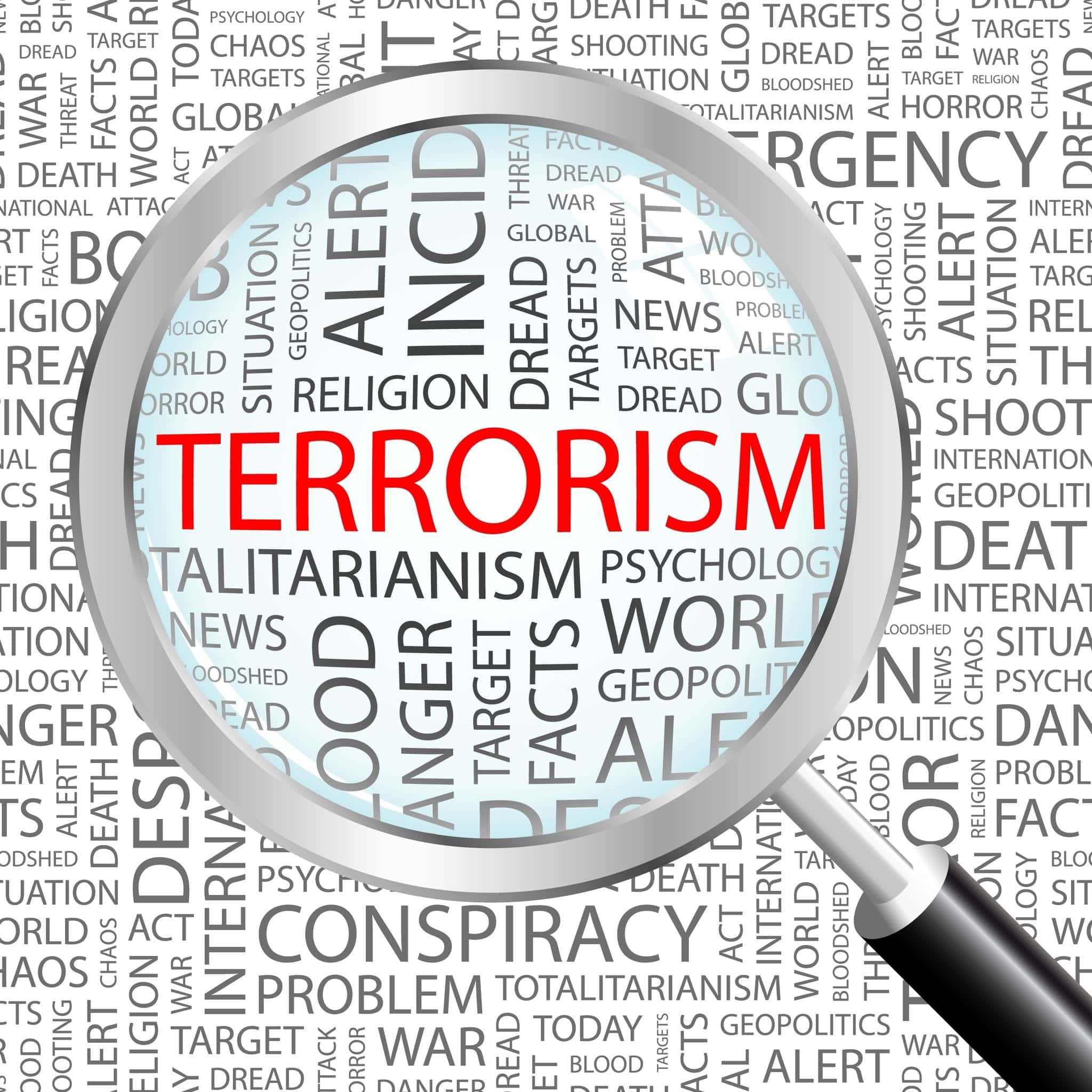
It was Friday, April 20, 2018. A 19-year-old teenage boy shot a high school student at Forest High School in Ocala, Florida. Fortunately, the incident resulted in only one minor injury, but the teen now faces several charges, including terrorism and aggravated assault with a firearm.
The shooter said that he woke up that Friday morning with an “adrenaline rush.” He possessed a sawed off shotgun he purchased online without undergoing a background check. He readily admits that he probably should not have had a gun.
The troubled young man had initially planned a Friday the 13th shooting a week earlier, but discarded the plan. Before committing the April 20 shooting, he researched different types of mass shootings, electing to target a school because of its greater potential for more media attention.
In custody, the teen told detectives felt ignored, and that had the potential to conduct another shooting in the future.
The shooter was a former student of Forest High School, but dropped out in 2016. However, on that April 20 Friday, he managed to easily enter the school. He concealed his firearm in a guitar case. He then went into a bathroom, removed the shotgun from its case, and donned a tactical vest and a pair of gloves.
Just hours before the school was to hold an anti-gun violence rally, the shooter stepped out of the bathroom and discharged his firearm at the bottom of a locked classroom door. The shooter said that he could have kept going, but instead dropped his gun and surrendered to a teacher.
Upon his arrest, the shooter thought that he had not wounded anyone, even saying that he “hadn’t shot anyone” and it “didn’t matter anyway” as he was taken away in handcuffs.
As mentioned above, he is currently charged with several crimes, including aggravated assault with a firearm, possession of a firearm on school property, and terrorism. That last one is particularly interesting because it is rare that mass shooters are charged with a terrorism offense.
The incident has opened up a new debate around what should constitute terrorism, and if the charges are appropriate for the Ocala High School Shooting.
What the Law Says about Domestic Terrorism
Section 802 of the US Patriot Act expanded the definition of terrorism to cover domestic terrorism in addition to international terrorism.
A person commits terrorism by performing an act that is “dangerous to human life” that is a violation of the criminal laws of the state or federal government, with the intention to (a) Coerce or intimidate the civilian population, (b) Influence government policy by coercion or intimidation, or (c) Affect the conduct of a government through mass destruction.

Section 802 does not create a new charge for domestic terrorism, but rather expands the type of conduct that the government can investigate under the premise of “terrorism.” Some experts contend that this act is unconstitutional, as it expands the government’s abilities to investigate and surveil citizens, which compromises the Fourth Amendment’s protections against search and seizure without a warrant or probable cause.
More significantly, while the Patriot Act expands the definition of terrorism, it does not provide clear guidelines for what constitutes domestic terrorism. This means that cases such as the Ocala High School Shooting have historically been difficult to try in court.
Are the Teen’s Terrorism Charges Valid?
By the strictest definition, the Ocala high school shooter could be charged with terrorism. The sheriff’s office contends that he went to Forest High “with the intention of causing harm to the students and to invoke fear in the community.” Indeed, by his own admission, he chose to target a school to attract more media attention and cause fear in the community.
However, it’s important to remember that some very high-profile mass killers have not faced terrorism charges.
For example, in 2012 a shooter opened fire during the midnight screening of the Batman film The Dark Knight Rises, killing 12 people and injuring 70 others. He was convicted of 24 counts of murder and 140 counts of attempted murder. He was not charged with terrorism.
Time will tell whether the Ocala high school shooter will ultimately be convicted of the terrorism charges. However, it is clear that lawmakers and law enforcement are beginning to expand the definition of terrorism – and of who is considered to be a terrorist.

This expansion is a double-edged sword, however. Although it may potentially help prevent increasingly common mass shootings and vehicular attacks, it also gives the government a substantial amount of power to probe into the lives of citizens. For example, activists in organizations such as Greenpeace, Operation Rescue, and the Environmental Liberation Front have been investigated as domestic terrorists – even though most of the individuals in those groups were nonviolent.
Major policy shifts are frequently met with controversy. These shifts are routinely flawed until adequate definitions, limitations, and precedents are put into place to give them a precise definition and purpose. As policies either adjusts or develop to face the turbulent times to which our society must confront, it is likely that we will see many controversial criminal charges such as the terrorism offense against the Ocala high school shooter.



